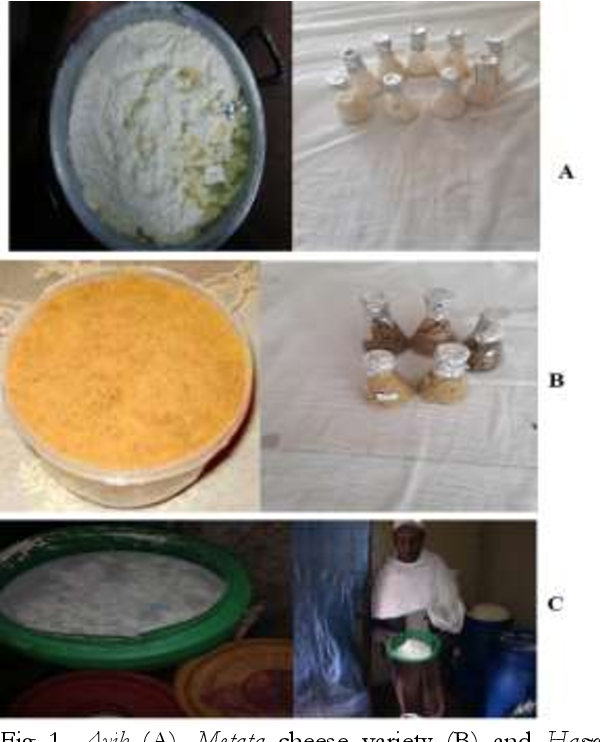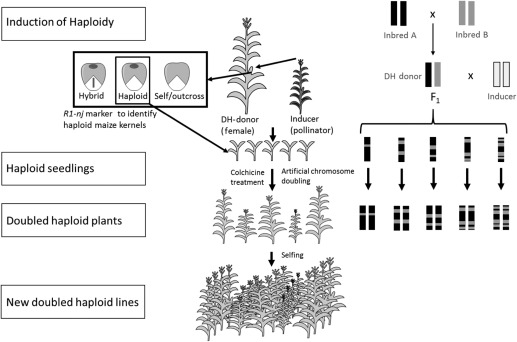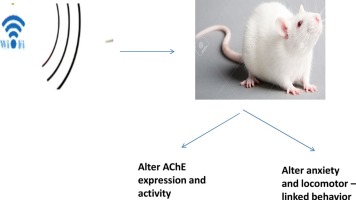Adaptation of the “Brief Family Relationship Scale†for Measuring Perceived Quality of Family Relationship in the Ethiopian Context
Downloads
Background: Family psychology is in its infancy in Ethiopia mainly because local tools that assist in research and intervention are non-existent. As a result, family issues, which are vital to human development, are understudied in this context.
Objective: This paper presents an adaptation study of the “Brief Family Relationship Scale†(BFRS) that purports to measure perceived quality of family relationship. Three specific issues were addressed in the validation process: establishing scale reliability, identifying the underlying factor structures, and evidence for validity.
Materials and Methods: In the study, a sample of 101 (46 males and 55 females) who are working in government offices in Addis Ababa participated. Procedures involved forward and backward translation of the English version of the Scale into the local (Amharic) language, establishing content validity through expert ratings, administration of the scale to the target groups and then successive validation measures employing “Satisfaction with Family Life Scale†as an anchor variable.
Results: The findings indicated that the full-scale (α = 0.70) as well as the three sub-scales (Cohesion α = 0.86, Expressiveness α = 0.69, and Conflict resolution α = 0.60) have an acceptable reliability index. Validity of the scale was checked through correlation analysis between the anchor variable and Brief Family Relationship Scale (BFRS) yielded a significant value. Exploratory factor analysis has confirmed the three original factor structure of the scale, explaining a total of 48.2% of the variance. Following Exploratory Factor Analysis (EFA), Confirmatory factor analysis (CFA) was made to cross-check the obtained three dimensions. The modified index of CFA confirmed that, the Comparative Fit Index (CFI), Goodness of Fit Index (GFI) (GFI) and Root Mean Square Error of Approximation (RMSEA) are within the desired minimum range. These values suggest that, after the removal of 3 items from the initial 16-items, the previously established domains were confirmed.
Conclusion: It is concluded that the scale has reasonable psychometric properties; as a result, it could be useful for studies and interventions for family relationship issues in Ethiopian context. A further adaption process could be done on adolescents to make the scale valid for other age groups.
Copyright (c) 2022 Galata Sitota, Belay Tefera

This work is licensed under a Creative Commons Attribution-NonCommercial-NoDerivatives 4.0 International License.
- I am authorized by my co-authors to enter into these arrangements.
- I warrant, on behalf of myself and my co-authors, that:
- the article is original, has not been formally published in any other peer-reviewed journal, is not under consideration by any other journal and does not infringe any existing copyright or any other third party rights;
- I am/we are the sole author(s) of the article and have full authority to enter into this agreement and in granting rights to Springer are not in breach of any other obligation;
- the article contains nothing that is unlawful, libellous, or which would, if published, constitute a breach of contract or of confidence or of commitment given to secrecy;
- I/we have taken due care to ensure the integrity of the article. To my/our - and currently accepted scientific - knowledge all statements contained in it purporting to be facts are true and any formula or instruction contained in the article will not, if followed accurately, cause any injury, illness or damage to the user.
- I, and all co-authors, agree that the article, if editorially accepted for publication, shall be licensed under the Creative Commons Attribution License 4.0. If the law requires that the article be published in the public domain, I/we will notify Springer at the time of submission, and in such cases the article shall be released under the Creative Commons 1.0 Public Domain Dedication waiver. For the avoidance of doubt it is stated that sections 1 and 2 of this license agreement shall apply and prevail regardless of whether the article is published under Creative Commons Attribution License 4.0 or the Creative Commons 1.0 Public Domain Dedication waiver.
- I, and all co-authors, agree that, if the article is editorially accepted for publication in Haramaya Journals, data included in the article shall be made available under the Creative Commons 1.0 Public Domain Dedication waiver, unless otherwise stated. For the avoidance of doubt it is stated that sections 1, 2, and 3 of this license agreement shall apply and prevail.












